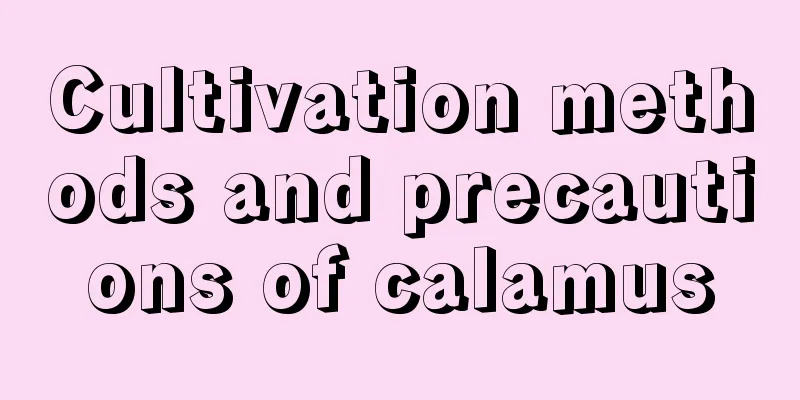Is frangipani poisonous?

1. Is it toxic?Frangipani is non-toxic, so you can grow it with confidence without worrying about any harm to the human body. It is more suitable for home cultivation because it is highly ornamental, the flowers are white and emit bursts of fragrance, which can beautify the indoor environment. In addition, it can also absorb harmful gases in the breeding environment, making the air fresher. In addition, it can release oxygen and absorb all the carbon dioxide, making us more comfortable in such an environment. 2. Domestication Methods1. Soil: It is very important to choose suitable soil for family farming. The soil should be loose and breathable, and contain a certain amount of humus. The soil should preferably be acidic, and avoid using alkaline soil that is too sticky. 2. Pruning: During its growth period, it is easy for dead leaves and yellow leaves to appear. Once discovered, they must be cut off in time and cleaned up. Every spring, its side branches should be pruned to facilitate the growth of new branches. |
<<: Can snow lotus be grown at home?
>>: Is the money tree poisonous?
Recommend
How to prolong the flowering period of carnations
maintainance First of all, after buying the carna...
How to plant white chrysanthemum seeds and when is the best time to plant them?
Time to plant white chrysanthemum seeds The plant...
How to reproduce Pongamia chinensis
Sowing method Choice of substrate This tree prefe...
How to water the succulent jade plant, what kind of pot is suitable, and what kind of soil is best for growing it?
1. How to water 1. Spring and Autumn: The tempera...
When is the best time to plant lettuce?
Spinach is a type of vegetable that many of our f...
How often should I water daisies? Do I need to water them every day?
How often should daisies be watered? Daisy is a f...
Magnolia growth environment conditions and characteristics
Magnolia growth environment conditions and requir...
Cultivation and management methods of potted bergamot
1. Cultivation and management methods 1. Repottin...
How to propagate ivy and what to pay attention to
How to propagate ivy There are generally two ways...
How to pot Emei rose
1. Container selection The selection criteria are...
The use and value of ice lantern jade dew
The ornamental value of ice lantern jade dew As a...
Osmanthus fragrans leaf blight and its control
Leaf blight symptoms Early days Leaf blight initi...
When is the best time to plant soybeans?
Soybean, also known as soybean , is native to Chi...
How long is the growth cycle of magnolia?
Magnolia Growth Introduction Magnolia is native t...
How does white clover survive the winter
prune Because white clover is generally not prune...









